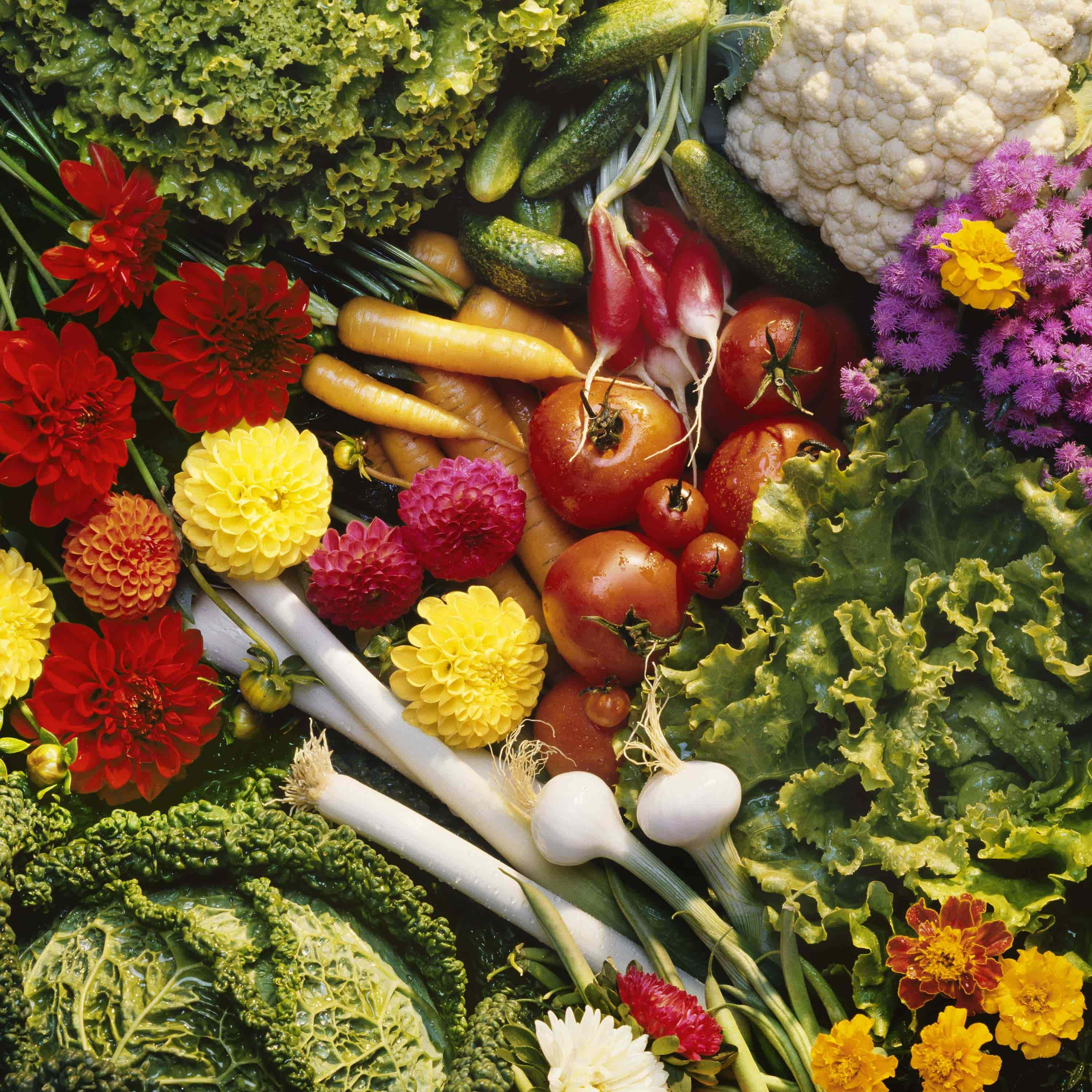Future proofing for climate risks, regulatory pressures & consumer expectations
The International Fresh Produce Association has partnered with Kantar in the creation of a strategic framework and prioritization model to aid in the futureproofing of the fresh produce sector. In building the framework we have considered the sustainability risks that the industry is facing, in particular those relating to climate change, as well as the external pressures it is experiencing from consumer expectations and changing regulation.
Pay a lot of attention to environmental and societal issues in the news
Are prepared to invest time and money in companies that try to do good
Believe buying sustainable products is a demonstration of who they are
![]()
What our industry is facing
Despite a world a world in flux and a looming climate crisis, our industry may have a massive opportunity going into the future: the demand for fresh produce is expected to increase dramatically.
![]()
Consumer expectations
Consumption is changing towards new and more sustainable behaviors that will impact fresh produce.
![]()
Retailer perspectives
Retailers are balancing multiple sustainability frictions across the supply chain. Getting it right is challenging but necessary for future proofing the sector.
![]()
Regulations impacting the industry
While consumer shifts in values, expectations, and behaviors will shape how our industry prioritizes climate resilience, changing legislation and regulatory pressure will also have a significant impact.
![]()
How our industry is reacting
By confirming key risks and challenges to our industry we were able to identify how our industry is making strides toward building a climate-resilient future.
"Linking sustainability with consumers is a challenge ... I think it means we have to be a little bit more embedded about it. We have to give our customers the added acknowledgement that ... everything is responsibly sourced as far as possible."
IFPA Retailer
Progress towards climate resilience represents both opportunities and challenges for our industry.
Opportunities include reductions in input costs, improved efficiency and yields, reduced use of natural resources, and increases in demand and opportunities in our sector. We also face numerous challenges, such as limited capability to maximize technology developments, potential for reduced yields, increased administration and complexity, high investment costs, and threats to traditional farming practices and facilities.
Here, we have laid out where our industry currently is, as well as several proven and potential paths forward.
